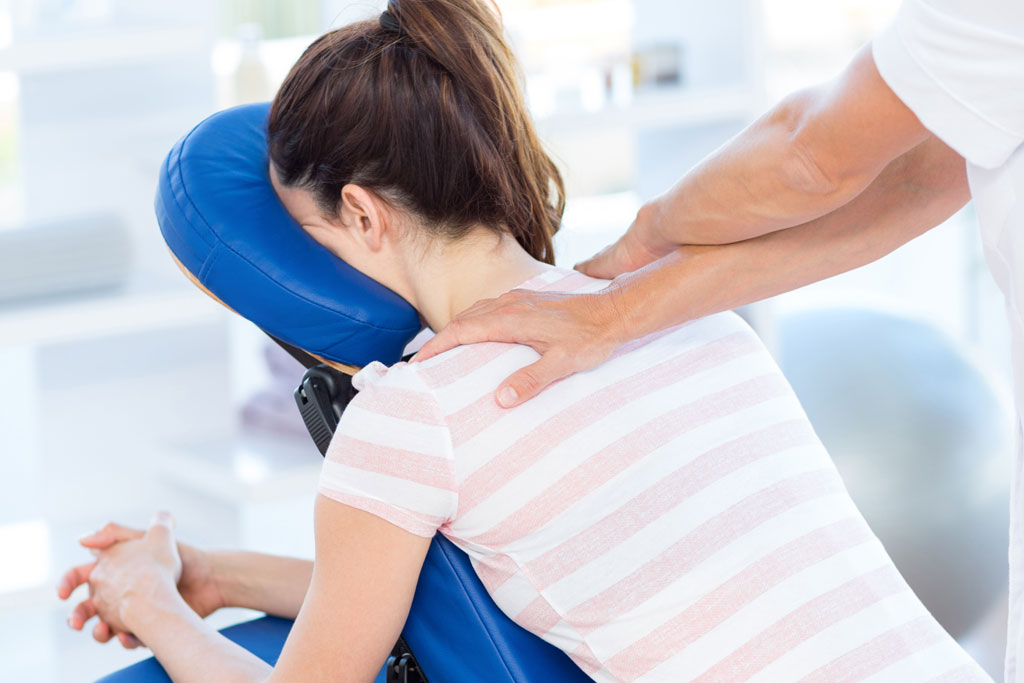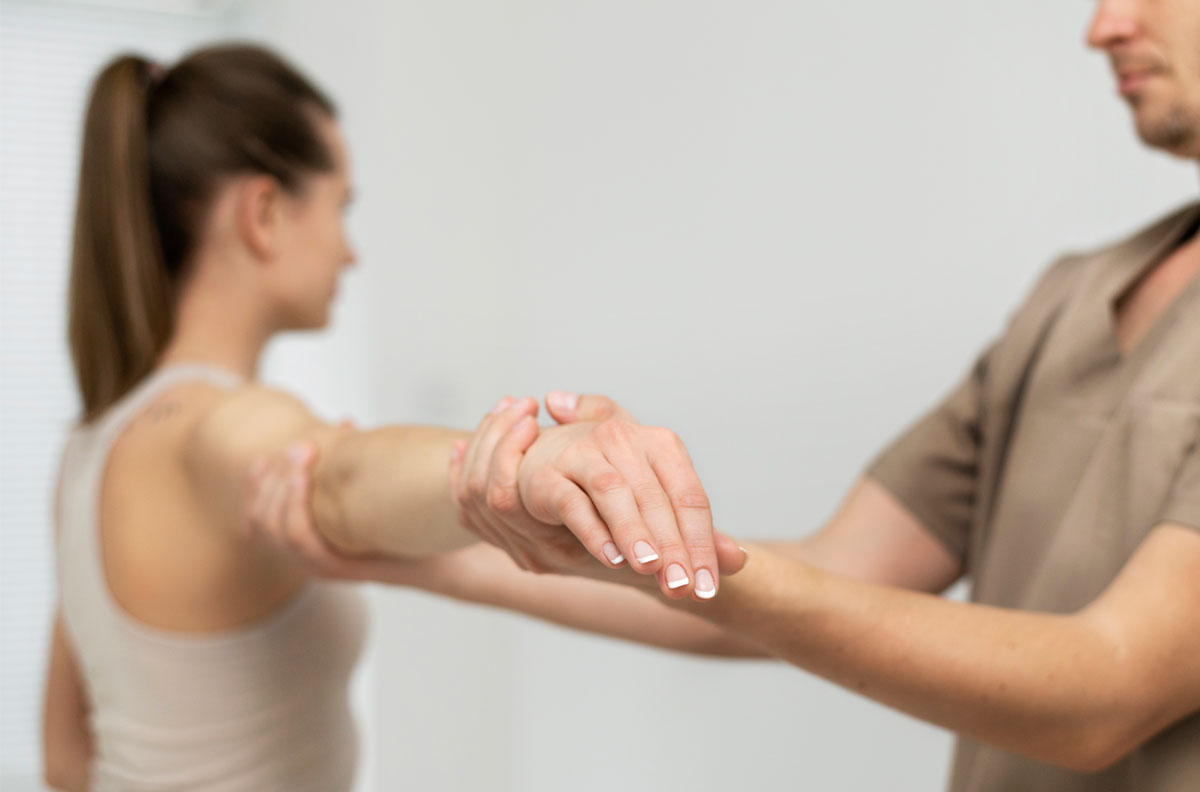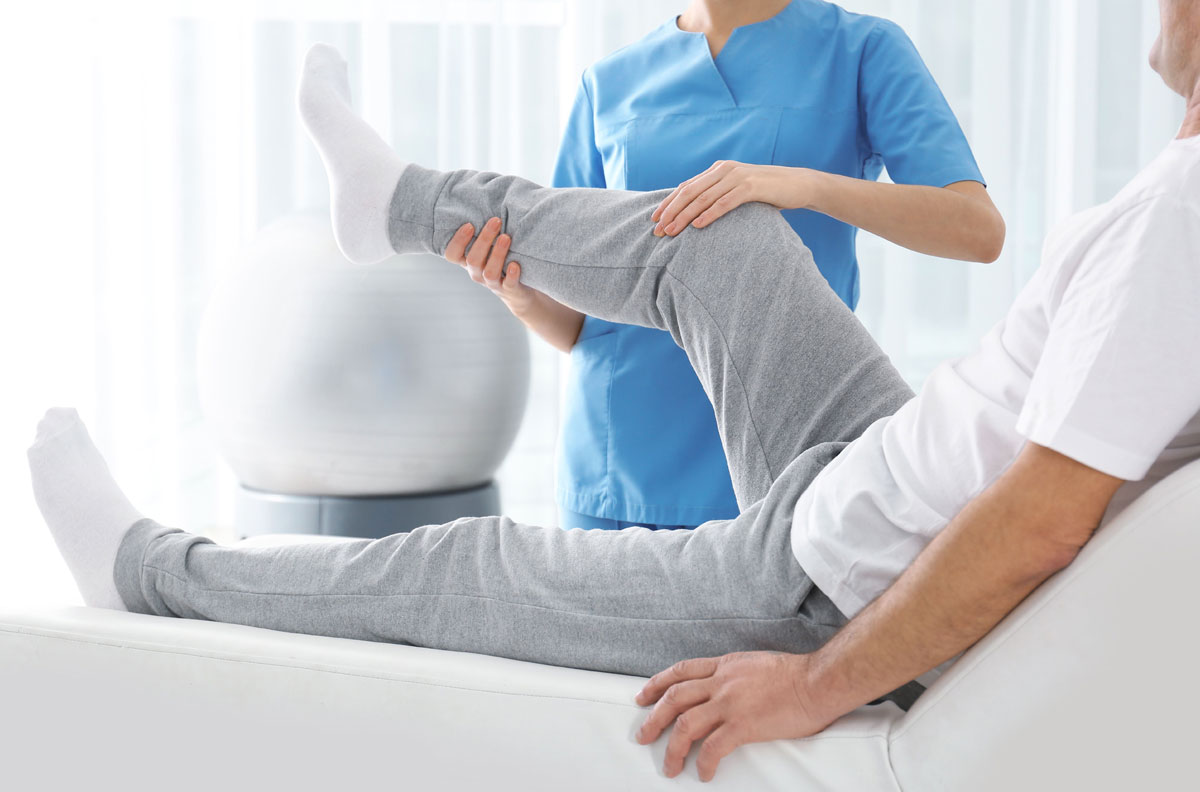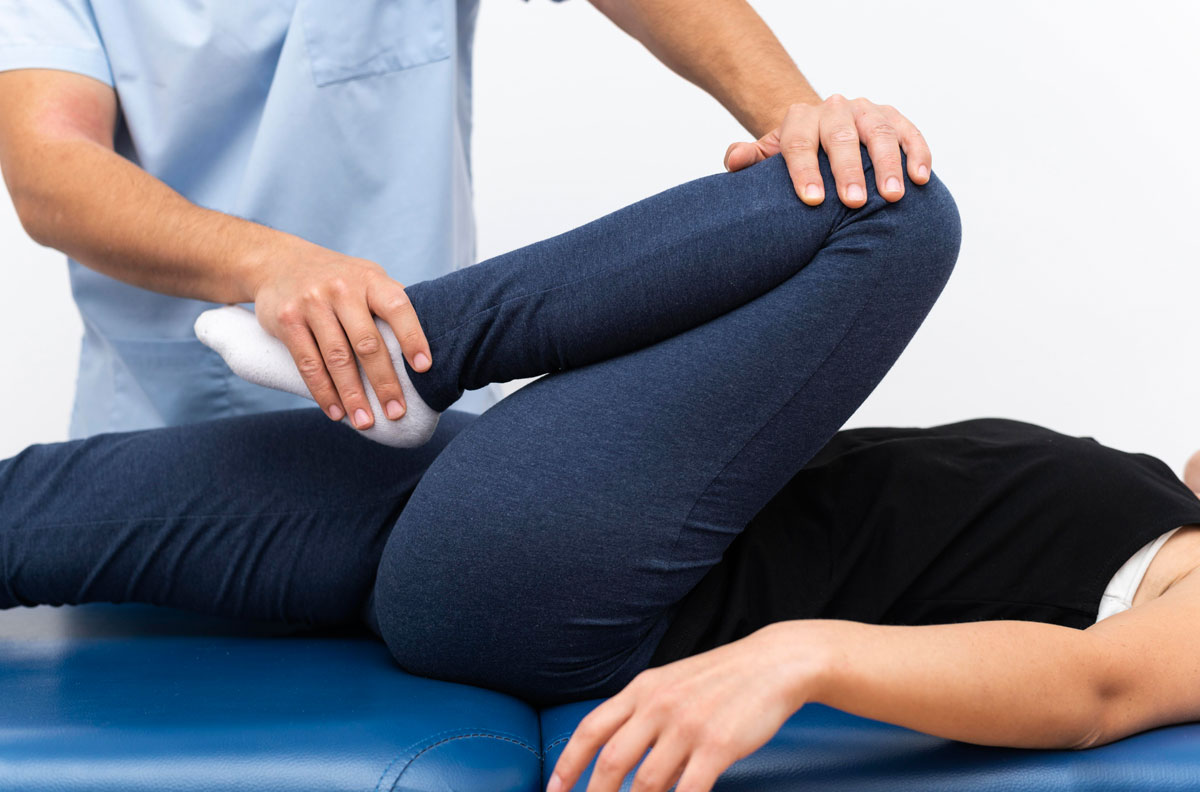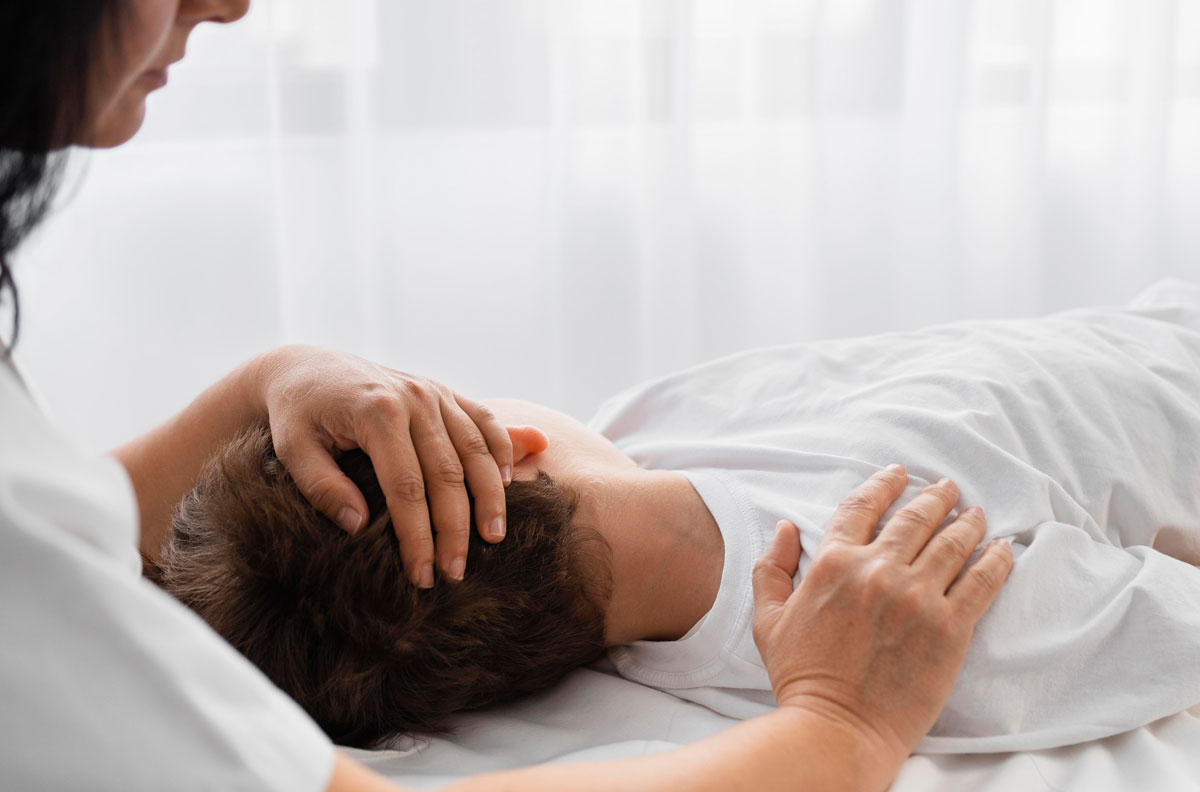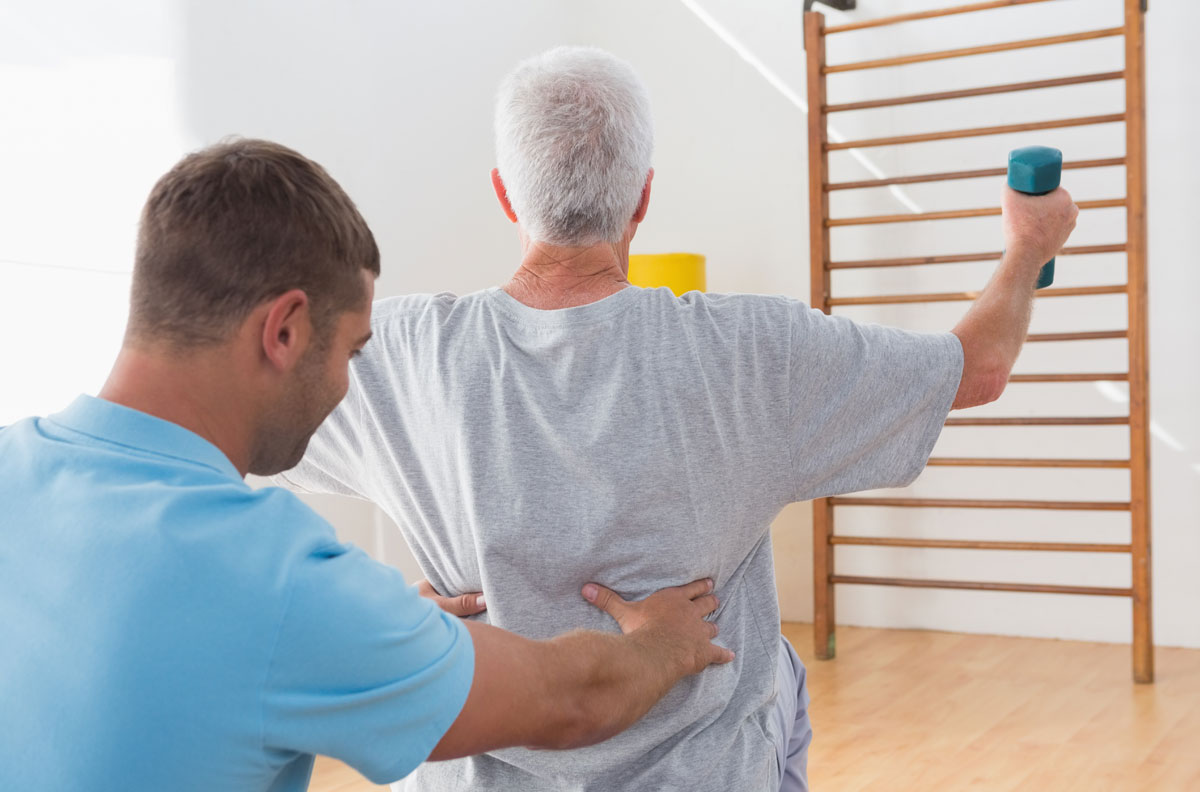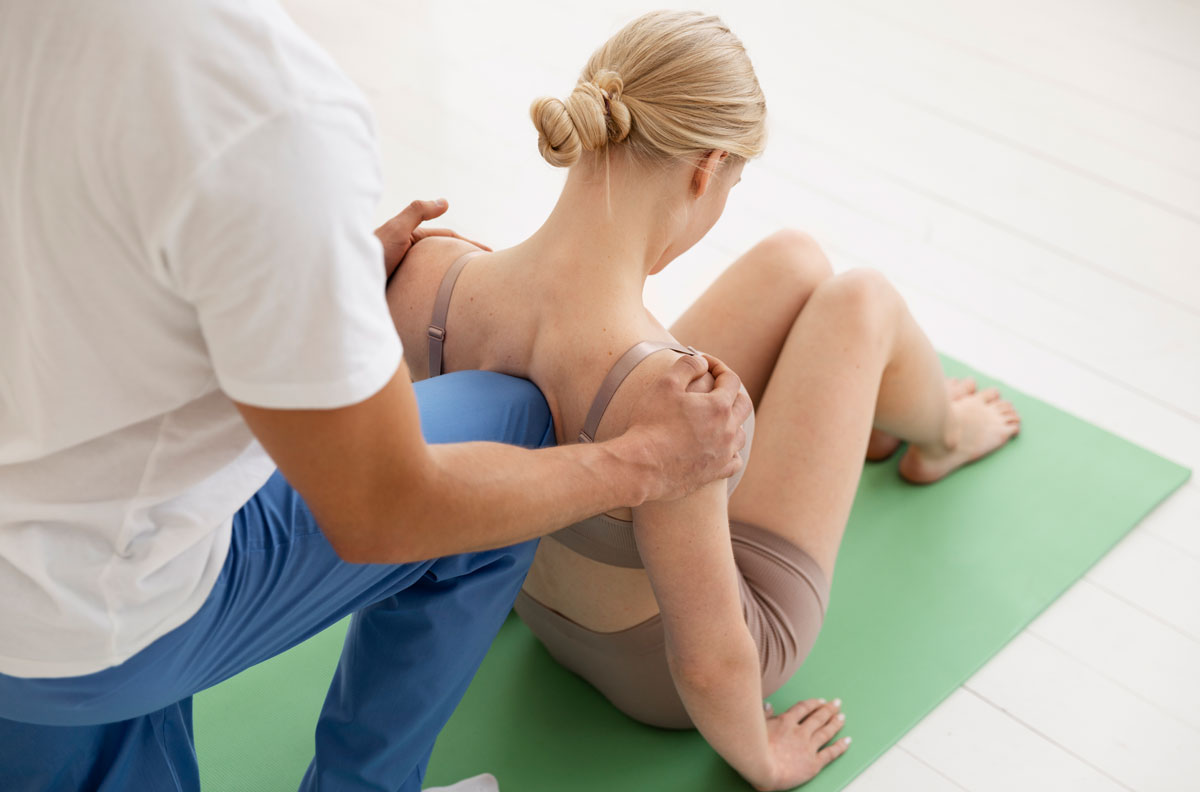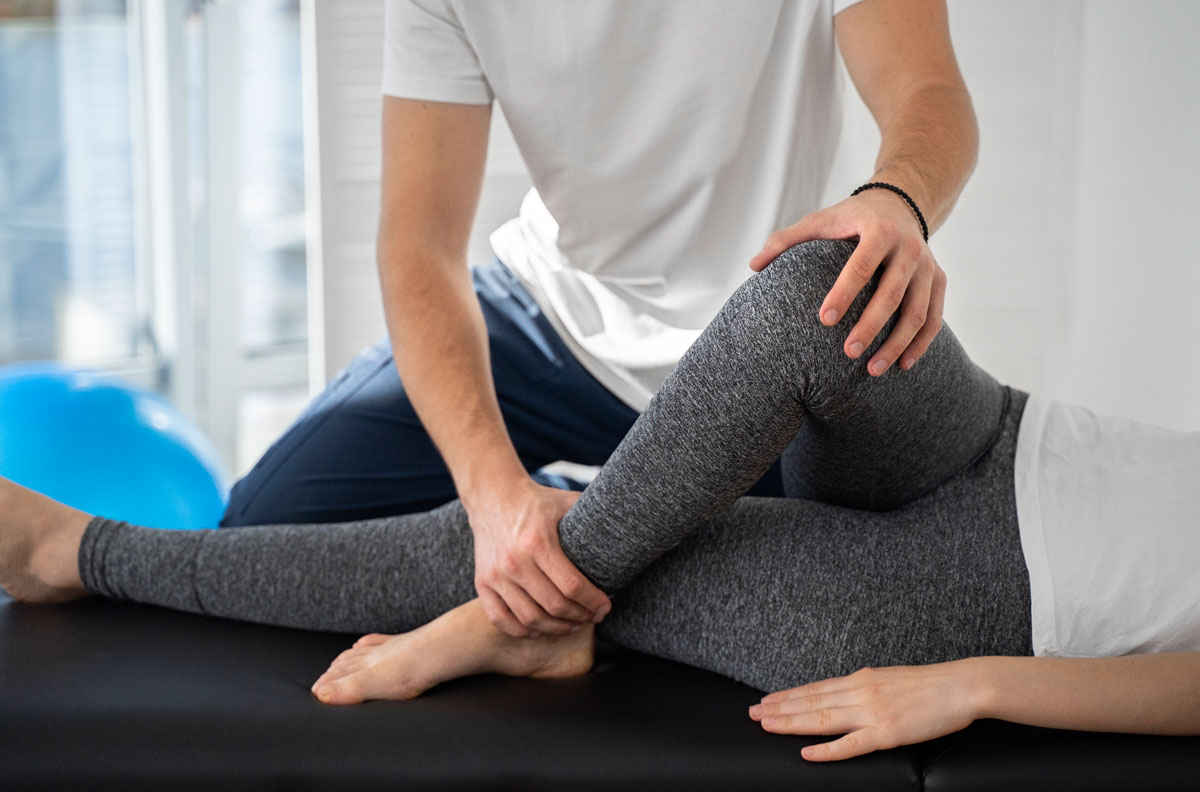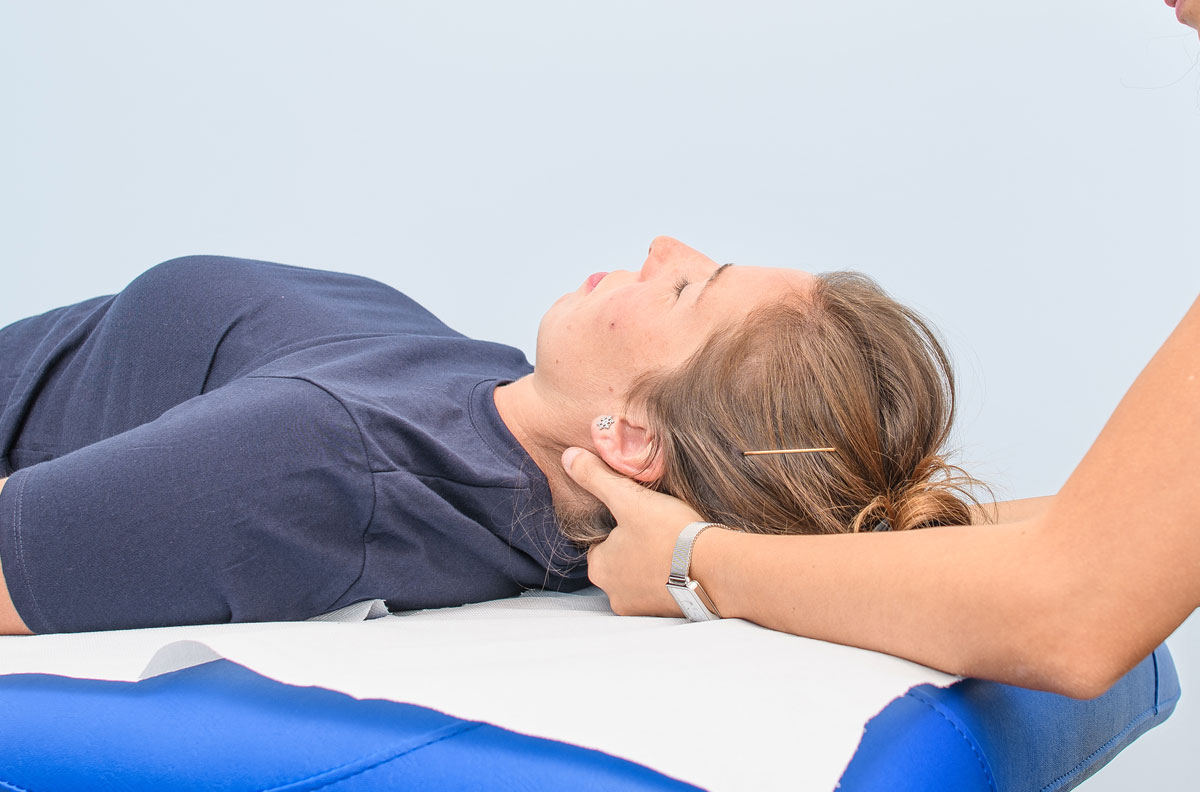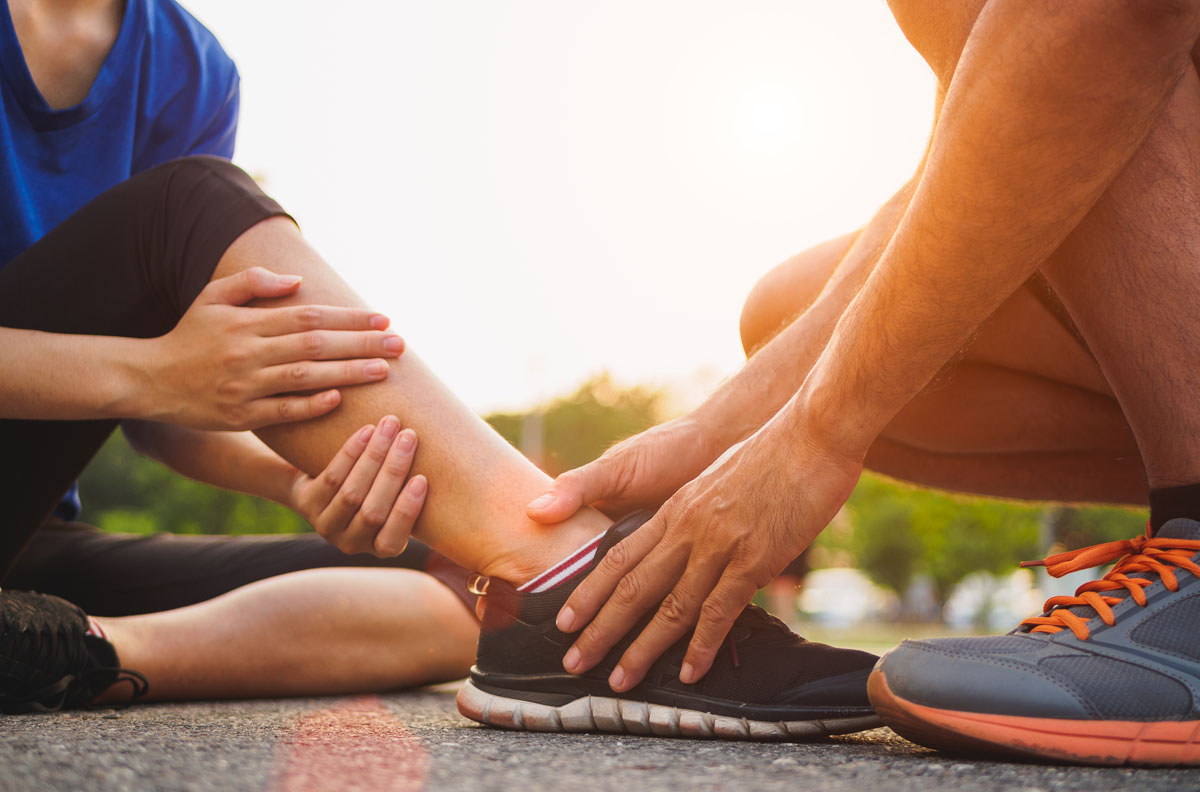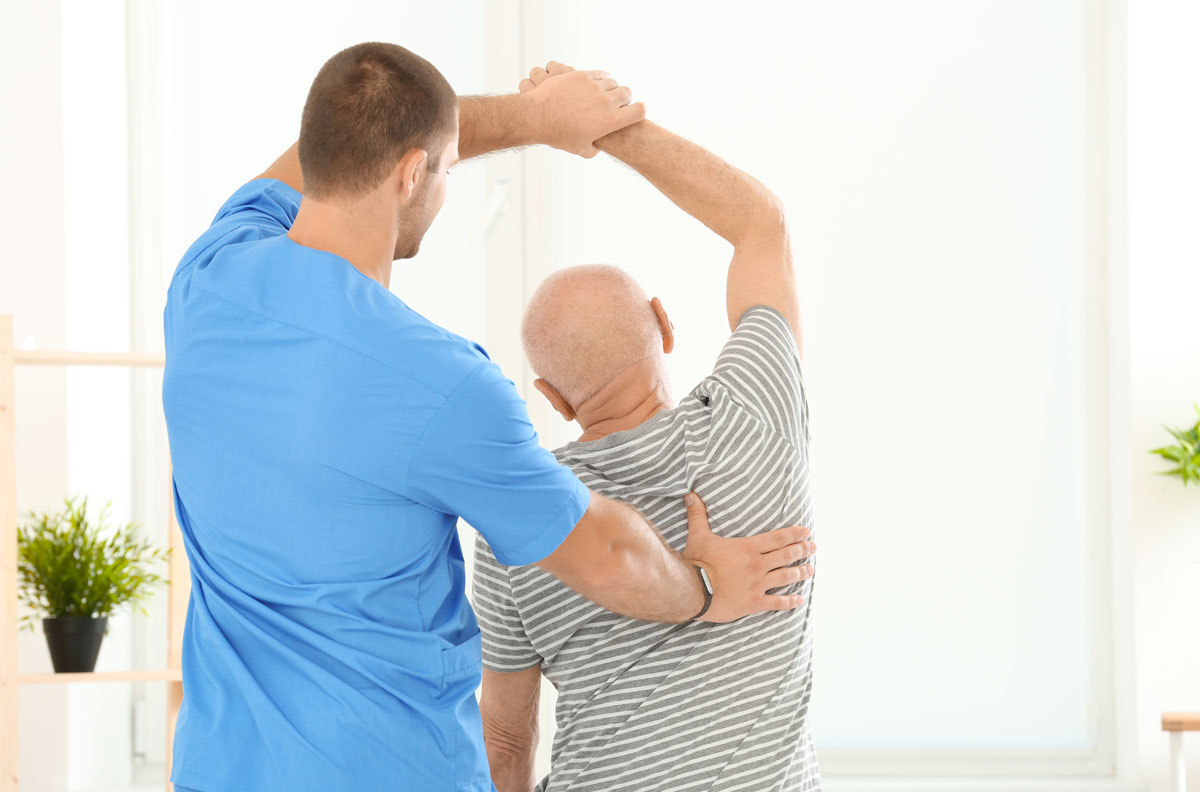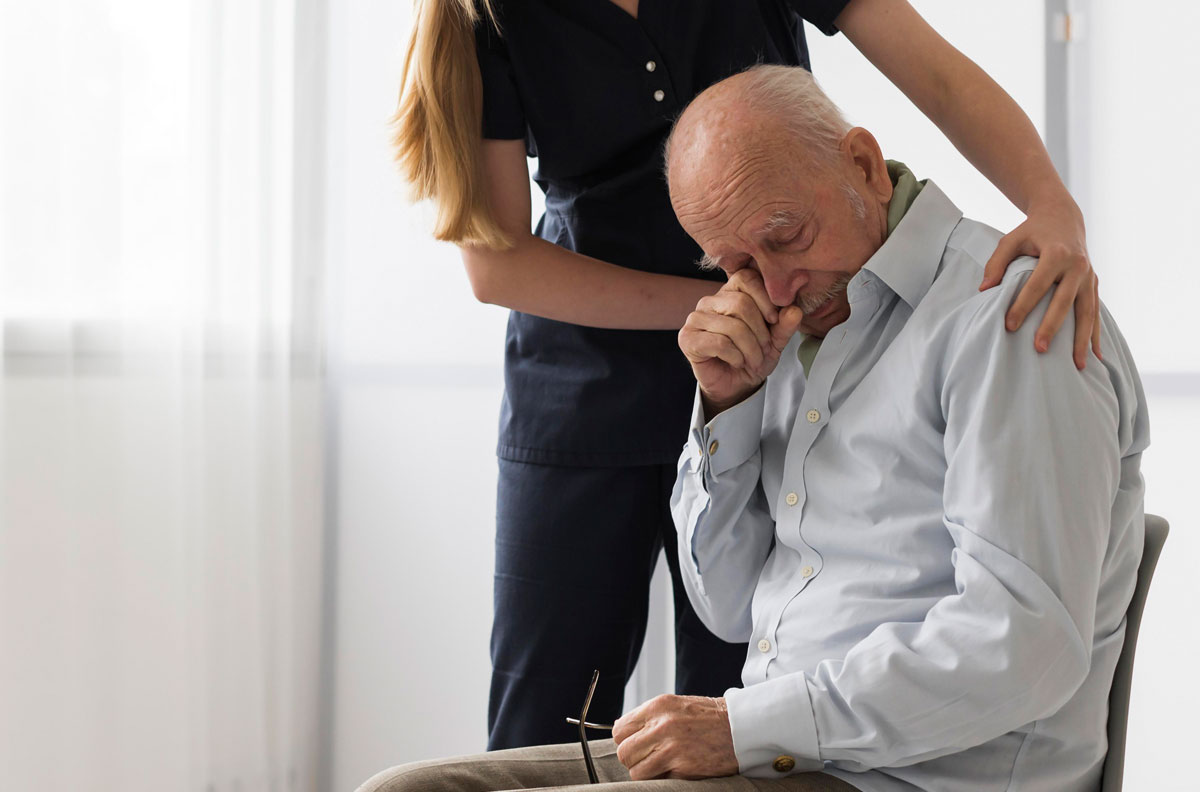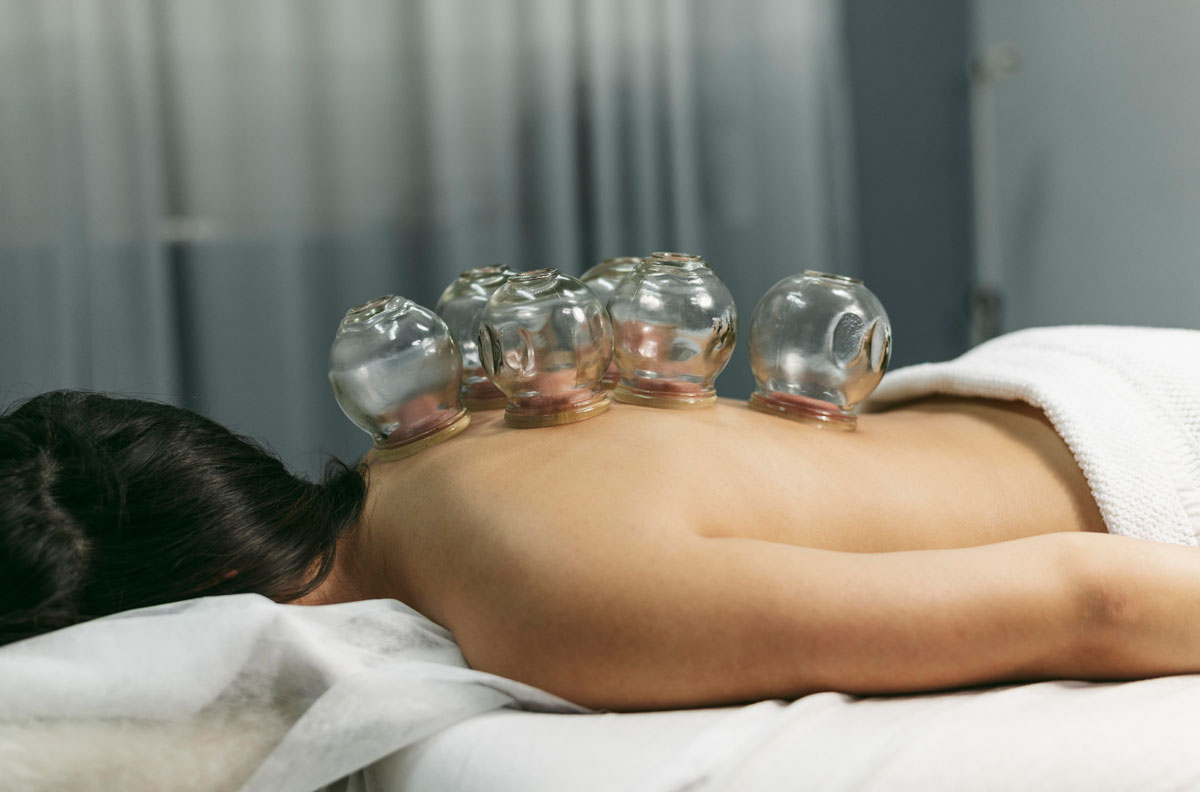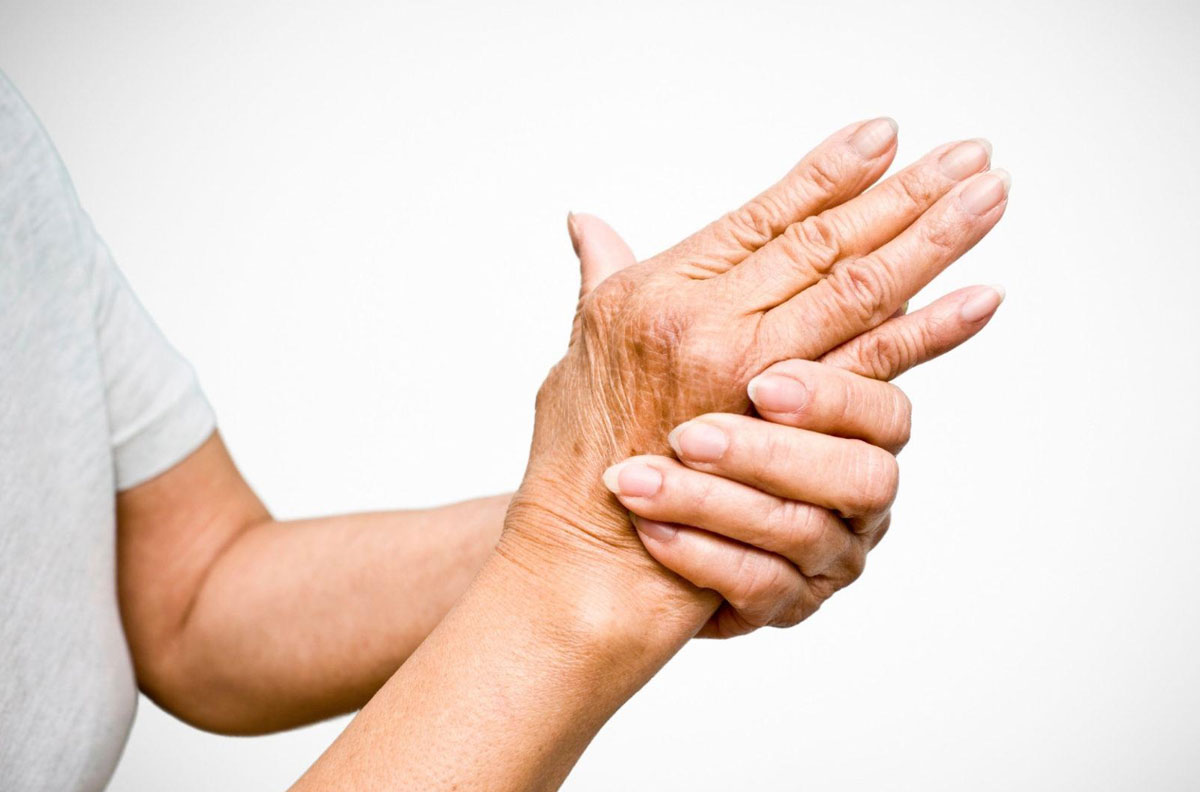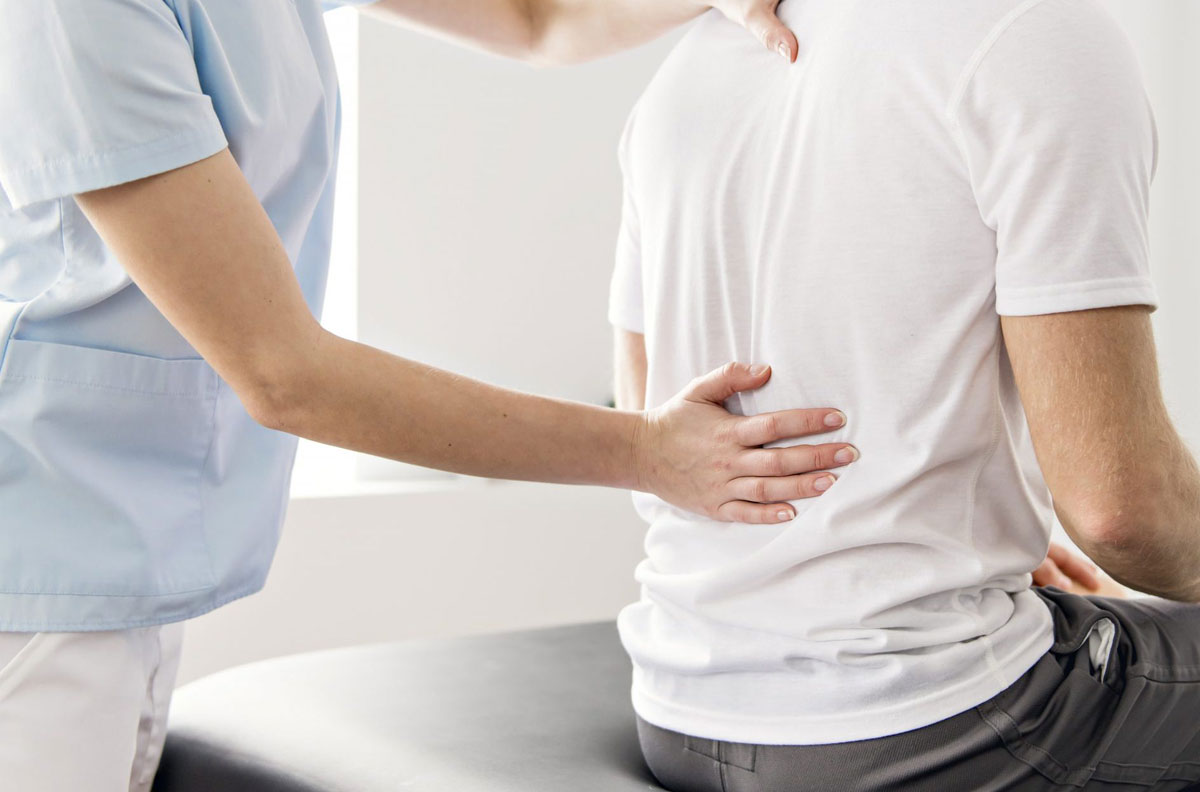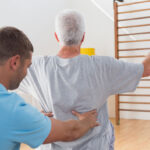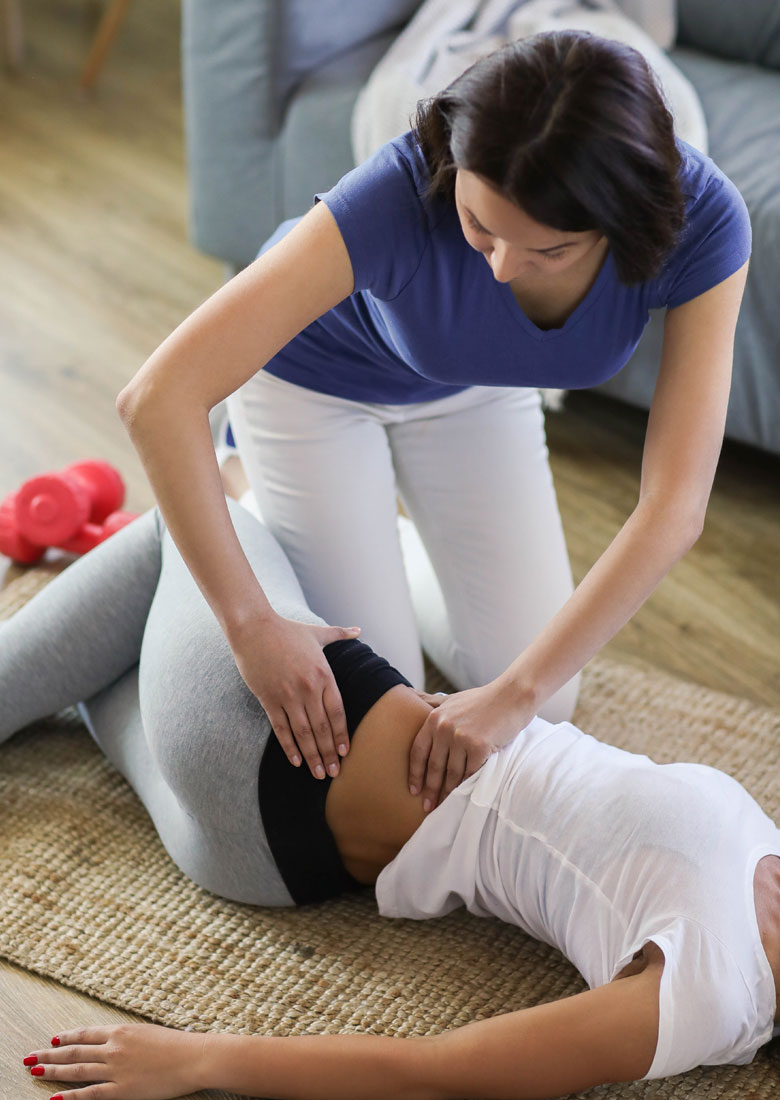Neck and Back Pain

Neck and Back Pain
Neck pain can occur due to a muscle strain, a sprain in one of the ligaments or tendons in the neck, disc injury, arthritic changes, or trauma. This can be caused by an injury, like whiplash, or from straining the neck during everyday activities. Physical therapists at the UM Rehabilitation Network evaluate you to identify the cause of the pain and then provide therapy to alleviate the pain. Treatments may include strengthening and conditioning exercises, flexibility exercises, instruction on proper posture, joint mobilization to ensure proper vertebral alignment and improve range of motion of the neck, nerve mobilization to provide pain relief, and massage.
Therapy & Recovery from Lower Back Pain
Lower back pain can be caused by a number of factors, including muscle sprains and strains, arthritis, herniated or ruptured discs, age-related disc degeneration, poor posture, or poor body mechanics with various lifestyle activities. Each case of lower back pain is different, and we evaluate each patient independently before developing a therapy program. In many cases, we focus our treatment on core stabilization exercises to strengthen the muscles in the abdominals and the pelvic area, which support the lower back. Our therapists also work on strengthening and increasing the range of motion of the lower extremities. Exercises are determined based on the patient's condition and areas of weakness. Other treatments may include instruction in proper posture and body mechanics for home, work, and recreational actives, joint mobilization for alignment and flexibility of the spine, massage, traction to decrease spinal compression, and modalities such as ice, heat, and electrical stimulation for pain relief.

Therapy & Recovery from Upper Back Pain
Geriatric conditions usually include musculoskeletal problems, mental illness, incontinence, impaired senses, balance problems, chronic pain, and sleep deprivation. Physiotherapy treatments have been successful in resolving or managing each of these ailments. Here’s what physiotherapy has to offer to the field of geriatrics.
